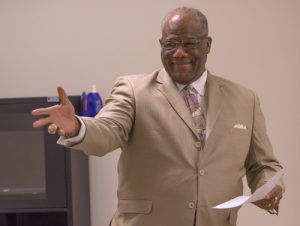
Butler professor isn’t just playing with new esports book
When professor Ryan Rogers began teaching Butler University’s first class entirely on esports in the spring of 2018, he looked high and low for books and course materials on the subject. When he didn’t find much, he decided to create his own book.





